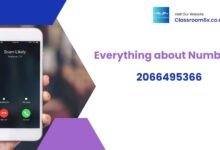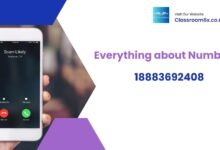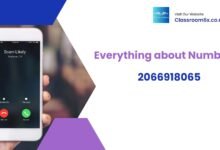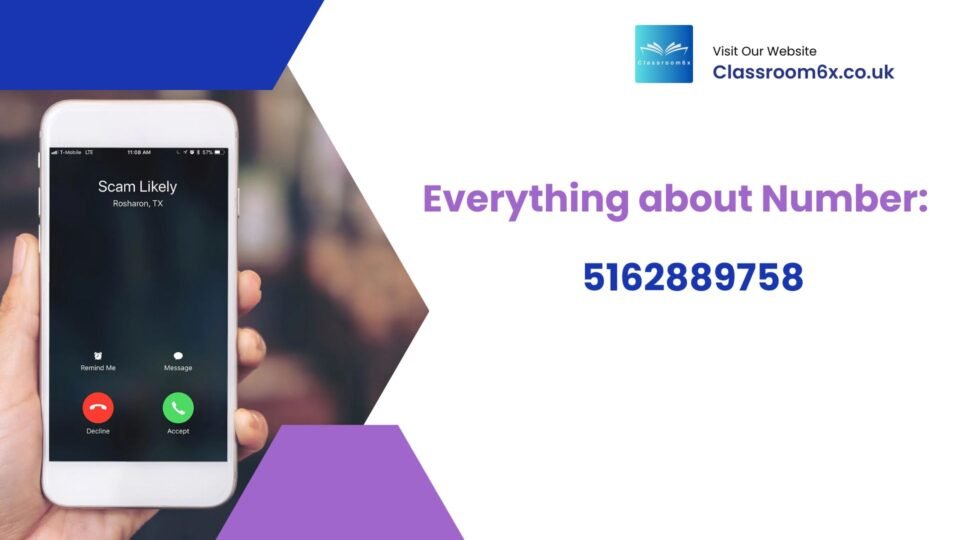
While some think it may be tied to a legitimate caller, most reports suggest the number 5162889758 connected to spam, telemarketing, or possible scam activity. Let’s break it down so you know exactly what you’re dealing with.
Details About 5162889758
Where is the 516 area code located?
The 516 area code covers Nassau County, Long Island, New York. It’s a busy region with countless businesses and residential lines, which makes it a prime target for spoofing and scam calls.
What do online reports say?
Phone lookup sites list 516-288-9758 as suspicious. Many users have complained about unsolicited calls, often with no voicemail left.
Why this number is raising eyebrows
Unlike numbers clearly tied to known companies, 516-288-9758 has no verified owner. That makes it riskier to trust, especially given the volume of scam reports. 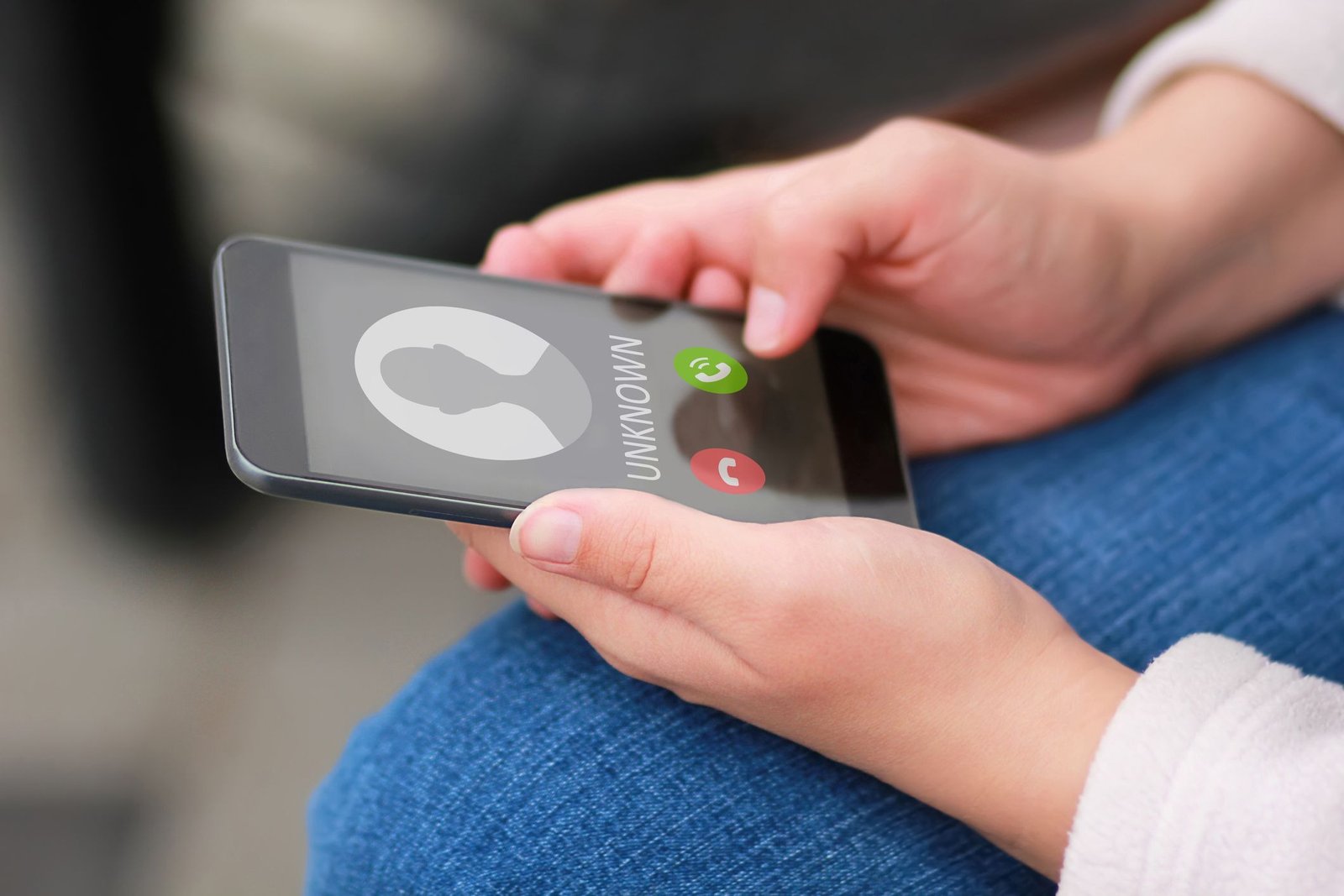
Is 5162889758 a Scam or Legitimate Call?
Common red flags
-
Callers avoid giving company names.
-
High-pressure tactics urging “immediate action.”
-
Automated robocall messages.
Why people suspect scams
Scam calls often mimic local numbers to make you answer. The 516 area code gives a false sense of familiarity, but in most cases, it’s just spoofing.
How to check legitimacy
Instead of picking up or calling back:
-
Search the number on trusted lookup sites.
-
Call the company directly using their official website number.
-
Use caller ID apps like Truecaller to cross-check.
Reasons You May Get Calls From 5162889758
Telemarketing and promotions
Unwanted marketing pitches are one of the most common complaints.
Phishing scams posing as local businesses
Scammers sometimes pretend to be banks, utilities, or service providers in your area.
Debt collection or financial-related calls
It’s possible some calls may be tied to debt collectors, but legitimate agencies always identify themselves.
Wrong number or recycled lines
Phone carriers recycle numbers, so you could be getting calls meant for someone else.
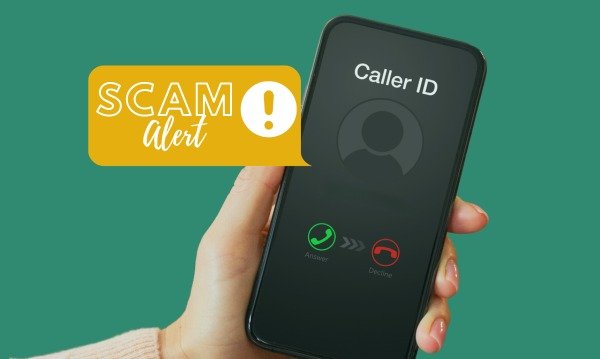
What To Do If 5162889758 Calls You
Do’s and Don’ts
Do:
-
Let unknown numbers go to voicemail.
-
Look up numbers before calling back.
-
Report suspicious activity to consumer protection agencies.
Don’t:
-
Share personal or financial information.
-
Engage with robocalls or press menu options.
-
Assume a local-looking number is trustworthy.
Blocking the number
-
iPhone: Recents → Info → Block this Caller
-
Android: Call Log → Details → Block/report spam
-
Call-blocking apps like Hiya and RoboKiller can automatically filter repeat spam calls.
How to report suspicious numbers
-
File complaints through the FTC’s Do Not Call Registry.
-
Submit robocall reports to the FCC complaint portal.
Read more:
- 737-358-7958 – Who’s Calling Me? Scam or Legitimate Number?
- 619-643-3443 – Who’s Calling Me? Scam, Spam, or Something Else?
How to Stay Protected From Spam Calls
Key warning signs
If a caller asks for payment via gift cards, wire transfers, or cryptocurrency, it’s definitely a scam.
Best practices for protection
-
Never confirm sensitive details over the phone.
-
Use two-factor authentication for online accounts.
-
Regularly check your credit report for unusual activity at Annual Credit Report.
Call-blocking solutions
-
RoboKiller – fights spam and uses answer-bots.
-
Truecaller – identifies unknown numbers before you answer.
-
Hiya – provides real-time spam call detection.
Final Thoughts
In summary, 516-288-9758 is widely reported as a suspicious number with no verified business owner. While some calls could be marketing or debt-related, most point to spam or scam behavior. The safest move? Don’t answer, block the number, and report it if necessary. Protecting your personal info is always worth a little extra caution.
FAQs About 5162889758
1. Who owns 516-288-9758?
No official owner is listed. Reports mostly flag it as spam.
2. Is this number tied to a business in New York?
There’s no clear evidence of a legitimate business behind this number.
3. Should I call back if I missed a call?
No. Calling back can confirm your number is active and increase spam calls.
4. Can scammers spoof this number?
Yes. Caller ID spoofing is common, especially with local New York numbers.
5. How can I cut down on spam calls like this?
Use spam-blocking apps, register with the Do Not Call Registry, and avoid engaging with unknown numbers.


